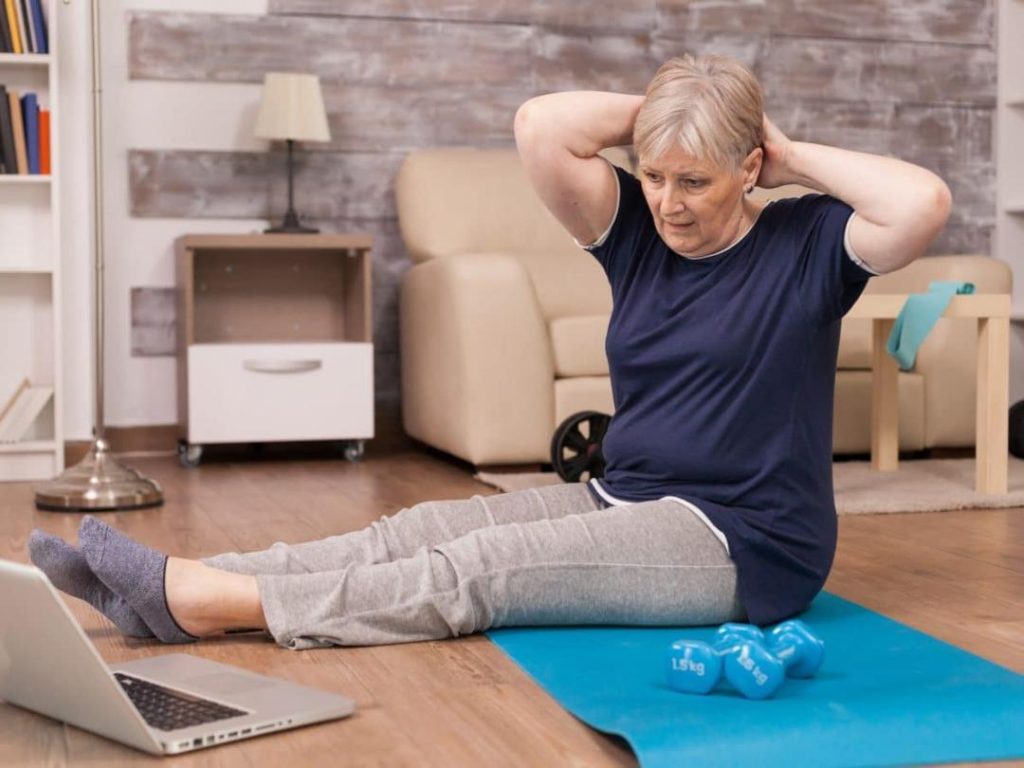
Physiotherapy: How AI & AR are making pain a thing of the past
Pain is an inherent part of human life, and physiotherapy has long been a crucial aspect of managing and preventing it. However, with the rapid advancements in technology, physiotherapy is evolving at an unprecedented pace. The integration of Artificial Intelligence (AI) and Augmented Reality (AR) is transforming the field, making pain management and prevention more effective, accessible, and proactive. In this blog post, we’ll explore how AI and AR are revolutionizing physiotherapy, ensuring a pain-free future for all.
Real-time Posture Corrections with AI-powered Analysis
One of the primary areas where AI is making a significant impact is posture correction. AI-powered analysis can detect even the slightest deviations from optimal posture, providing real-time feedback to patients and physiotherapists alike. This technology can be integrated into wearable devices, allowing individuals to monitor their posture throughout the day. For instance, AI-powered smart glasses can alert users when they’re slouching or leaning forward, prompting them to adjust their posture and avoid long-term damage.
Personalized Exercise Plans with AR-driven Therapy
Augmented Reality is another technology that’s transforming physiotherapy. AR-driven therapy allows patients to engage in personalized exercise plans, tailored to their specific needs and goals. Using AR-enabled devices or apps, patients can visualize and interact with 3D models of their bodies, allowing them to better understand the exercises and how they relate to their specific injuries or conditions.
Imagine being able to see a 3D model of your shoulder muscles and watch as you perform exercises to strengthen them. AR-driven therapy provides a unique and engaging experience, increasing patient compliance and motivation. This technology can be particularly beneficial for patients with chronic pain or those who require rehabilitation after surgery.
Early Detection of Musculoskeletal Issues with AI-powered Predictive Analytics
AI-powered predictive analytics is another area where AI is making a significant impact. By analyzing vast amounts of data, including patient history, medical records, and biomechanical data, AI algorithms can identify patterns and predict the likelihood of musculoskeletal issues. This allows physiotherapists to intervene early, preventing injuries and reducing the risk of chronic pain.
For instance, AI-powered predictive analytics can identify individuals who are at a higher risk of developing lower back pain due to poor posture or muscle imbalances. Physiotherapists can then develop targeted exercises and interventions to prevent the issue from arising in the first place.
Shifting Focus from Treatment to Prevention
The integration of AI and AR in physiotherapy is not only revolutionizing the way we treat pain but also shifting the focus from treatment to prevention. By identifying potential issues early and developing personalized exercise plans, physiotherapists can prevent pain from arising in the first place.
This shift in focus is crucial, as it allows for more effective and proactive healthcare. By focusing on prevention, we can reduce the economic burden of chronic pain and improve overall quality of life.
Conclusion
The integration of AI and AR in physiotherapy is a game-changer, making pain management and prevention more effective, accessible, and proactive. As technology continues to evolve, we can expect to see even more innovative applications of AI and AR in physiotherapy.
In conclusion, AI and AR are revolutionizing physiotherapy by providing real-time posture corrections, personalized exercise plans, and early detection of musculoskeletal issues. By shifting focus from treatment to prevention, AI and AR are ensuring accessible and proactive healthcare for all. As we move forward, it’s essential to continue exploring the potential of these technologies, ensuring a pain-free future for everyone.
News Source:
https://www.healthcareradius.in/features/technology/physiotherapy-obesity-tech






